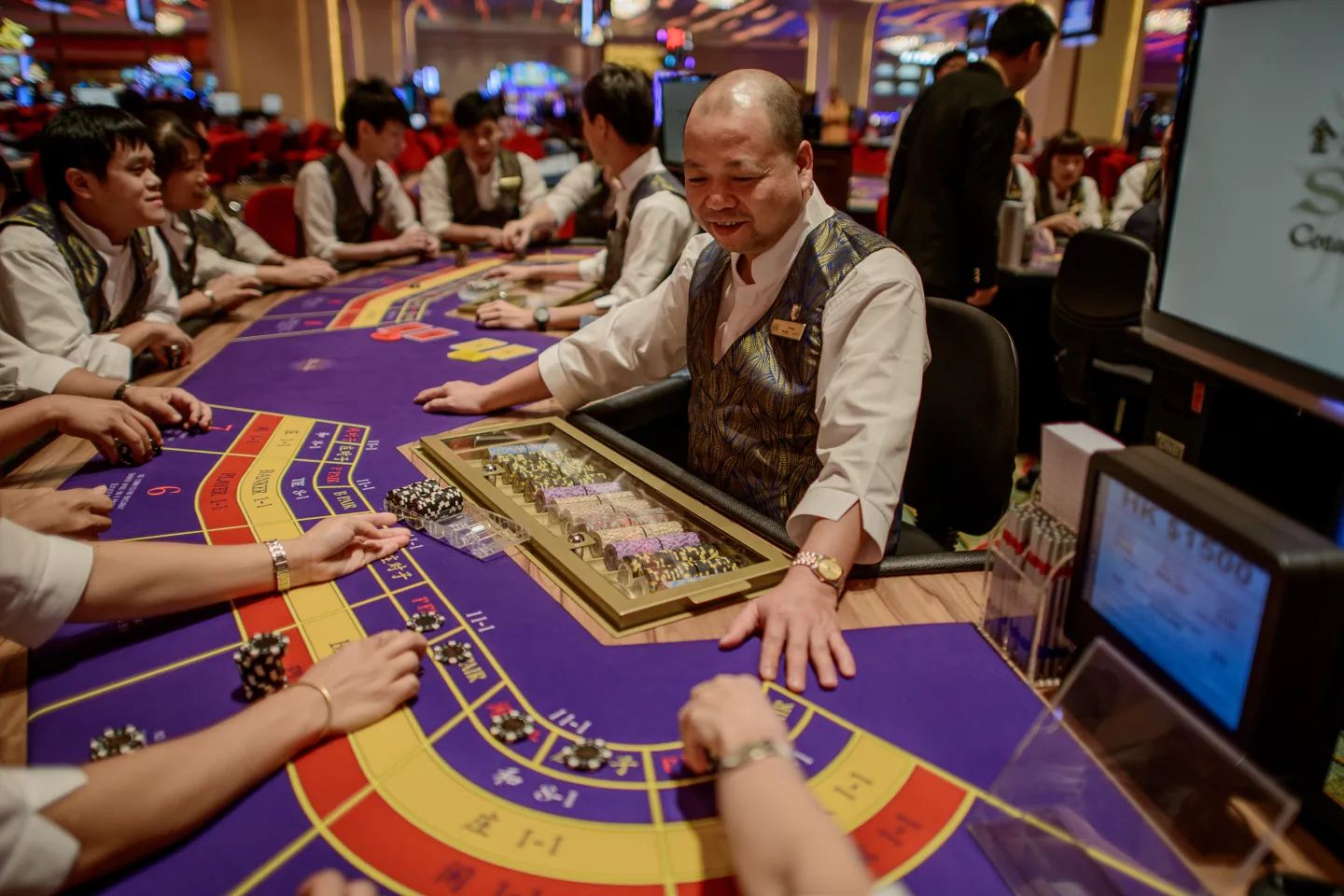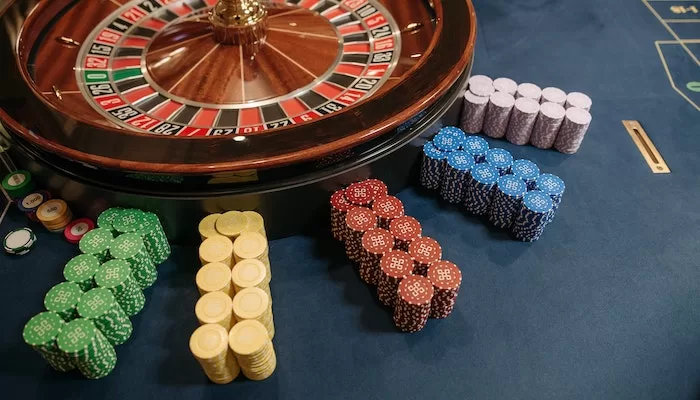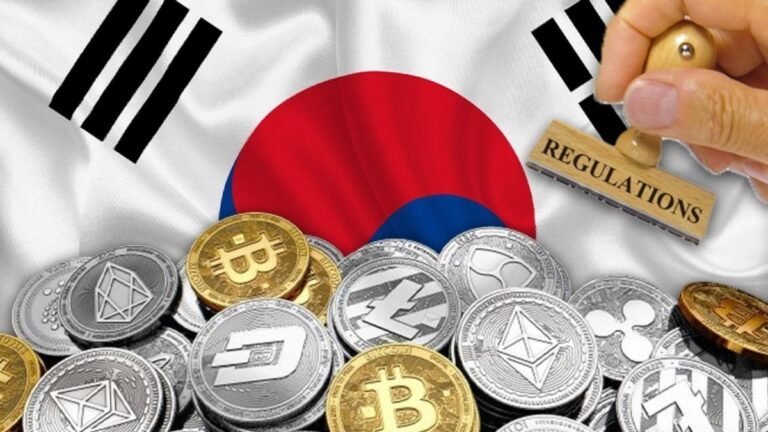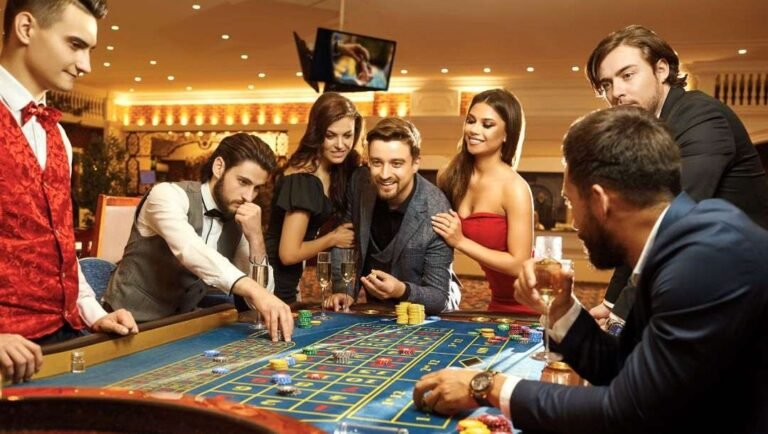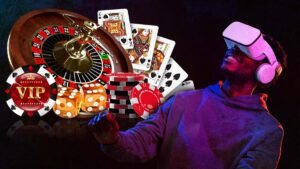Under the hushed neon lights of Incheon, the hum of small machines and the quiet, intense sound of poker tables create a familiar scene. But the product is different. This is not the summer cottage culture that was previously reserved for international travelers or older, traditional classes. A new player, Korean millennials, is emerging to reshape this space from a high-stakes venue to a social, artistic, and digital frontier.
From Taboo to Trend
Korea has long had a complicated relationship with gambling. At one time, strict government regulations restricted access to exhibition halls, and the art world tended to view gambling as a moral threat. Of the many authorized exhibition halls in Korea, only one, Kangwon Land, is open to Koreans. Despite these restrictions, however, a growing number of young Koreans are navigating the world with surprising ignorance and ease.
What was once taboo is now being revisited in terms of entertainment, strategy, and social trust. For Korean millennials who grew up in a hyperactive, connected, competitive, and fast-paced society, the appeal of the pavilion lies not in its recklessness but in the gestures it offers: immersive, curated, and even aspirational.
Digital Influence and Cultural Change
Korean millennials are digital natives. They engage with life through their phones, social platforms, and online communities. In this environment, gambling is no longer simply a hands-on activity. Live-streaming poker games, YouTube channels dedicated to summer house strategies, and conversations on anonymous forums have instilled a new kind of reckless ignorance in gaming culture.
This shift is as much about perception as it is practice. Young Koreans are not inevitably flocking to sloppy pavilions. Many are first exposed to gambling culture online, where content is filtered through humor, announcements, or branding of life. These platforms provide a sense of community and homogenize gambling as a topic of discussion, an aesthetic.
The influence of Korean pop culture also plays a part. TV dramas, variety shows, and movies often feature flashy, emotional, and plot-heavy scenes. These depictions, combined with Korea’s global entertainment influence, subtly heighten the artistic value surrounding summer homes, making them more accessible and, indeed, sophisticated.
Reimagining the Casino Space
The ultra-modern Korean millennial generation is not just sharing summer home culture; they are changing the very nature of it. The stereotypical image of a lone gambler chasing big wins is being replaced by a stylish musketeer, who enjoys a night at their summer home as much as a night at a trendy bar or music venue. They are often more focused on the experience itself, the drinks, the atmosphere, and the social excitement than on the monetary gain.
Summer home resorts in places like Yeongjong Island are evolving to respond. Many now emphasize life sacrifice as much as gaming. Upscale restaurants, K-pop musicals, fitness centers, and immersive technology displays are blending into the summer home experience, creating a kind of entertainment ecosystem. For millennials, this means that a summer vacation is not just about gambling, but about experiencing a story firsthand. A story that can be engaged with, recalled, and, of course, posted online.
Threat-Repricing
Interestingly, this generation’s approach to threats is not as impulsive as past notions would suggest. Korean millennials are growing up in a frugal lifestyle marked by insecure employment, skyrocketing casing prices, and intense competition. As a result, their relationship with threats, including gambling, is often measured, calculated, and intentionally limited.
Mindfulness about inner health, dependency, and tone-discipline is also on the rise. Many young players set strict limits or engage in games where skill is more important than luck. For them, gambling is more about sensory mystery or a game of strategy than reckless gambling. The social aspect of gambling is also helpful, and peer groups can encourage moderation and awareness, rather than unnecessary.
A New Game Plan
Korean millennials aren’t simply inheriting the global villa culture; they’re constantly rewriting it. Through their values, technology habits, and reimagining social spaces, they’re reshaping what gambling means, where it fits into our hyper-modern lives, and how we talk about it.
Korean museums are emphasizing experiences over performances, curated entertainment over meaningless opportunities. In this shift, millennials aren’t just changing the look of museums; they’re changing the way society thinks about risk, price, and what it means to take risks. This is changing not just the relationship with the conglomerates, but also the culture itself.
Disclaimer: Gambling involves financial risk and can be addictive. Participate responsibly and only if you are of legal age.




